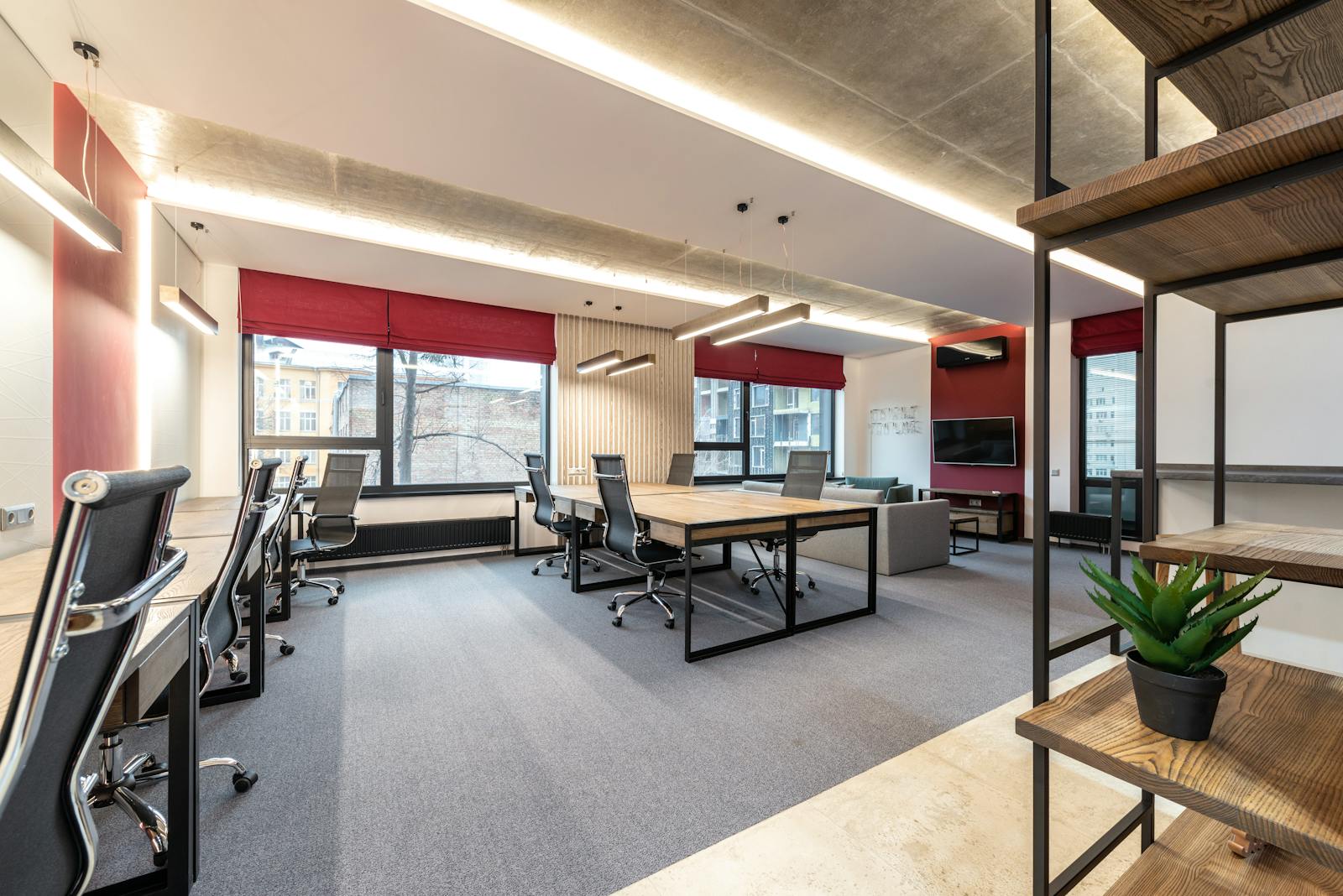An experienced REALTOR® will help to fill in the gaps for clients that are looking to lease out their space. It is important to properly vet tenants and create leases that protect property owners and the building itself. Discuss the different types of lease terms and decide which one best meets your needs.
Leasing Terms You Should Know
Incidental Expenses: any costs on top of base rent, ex. Property tax, utilities, insurance, inspections, repair costs, etc.
- Common Area Maintenance: fees for maintaining communal areas, ex. snow removal, janitorial services, landscaping, grass cutting and property management
- Gross Rent Lease: tenants pay a single fee to cover all incidental expenses and base rent
- Modified Gross Lease: tenants and landlords split incidental expenses.
- Net Lease: covers base rent and one other incidental expense, usually property tax. Landlords are responsible for all other costs.
- Triple Net Lease: includes base rent and all incidental expenses and maintenance fees. Landlords are responsible for structural repairs and maintenance.
- Percentage Rent Lease: the cost of base rent plus an additional 10% of gross sales over a minimum amount. Common with multi-unit retailers like malls.
- Tenant Improvement Allowance: Occurs when landlords provide tenants with a set cash amount to pay for renovations to the space.
- Tenant Inducement: any incentive to potential renters, usually comes in the form of a rent break for a set number of months.
- Trade Fixtures: includes any items in a leased space that can be removed when renter leaves the property. Typically involves items like furniture, inventory, electronics and office equipment.
- Turnkey Improvements: renovations made by the landlord at the request of the tenant, usually completed before possession date.
- Leasehold Improvements: any renovations or improvements completed by the tenant which then become property of the landlord. Examples include flooring, built-ins like shelving and machinery like ventilation systems, air conditions or fixtures.
Whether you are hoping to lease a commercial space or are selling your commercial property, just give me a call! Know someone who wants to sell but doesn’t know where to start? Send Them My Way!

